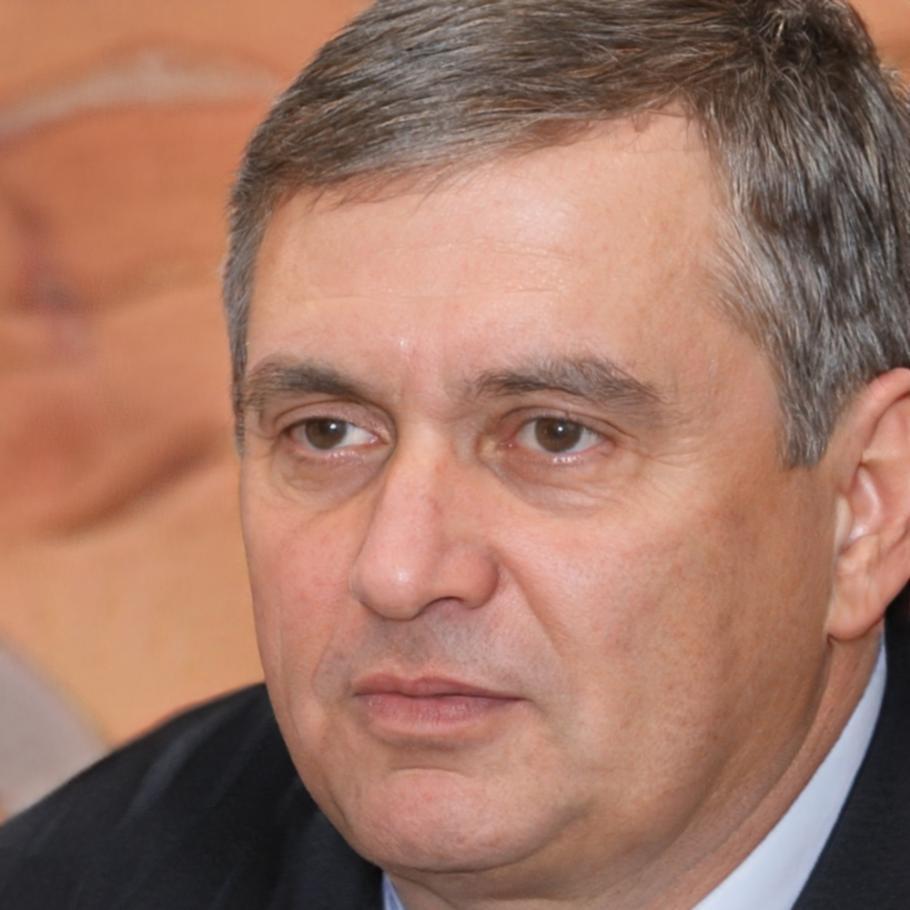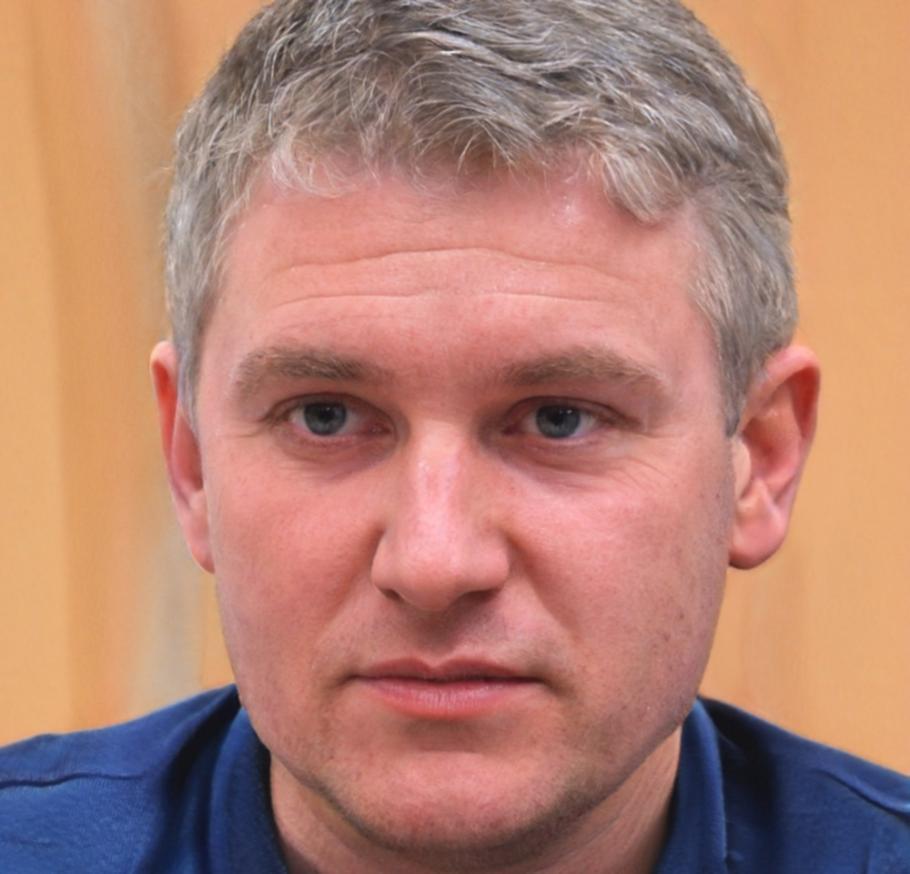Building Financial Confidence From The Ground Up
Our money mindset program starts where you are right now. Not where you think you should be. We work through the real blocks—the ones that make you avoid bank statements or freeze when making decisions. And we do it at a pace that actually makes sense for your life.
The Learning Path That Fits Your Rhythm
Most people don't need more financial information. They need a different relationship with money. Our program builds that through four distinct stages—each one opening up new possibilities.
Understanding Your Money Story
Everyone brings patterns from their past. Some helpful, others not so much. We spend the first three weeks mapping out how you currently think about money—without judgment, just observation. You'll identify the beliefs driving your choices and start seeing where they come from.
Rewriting The Internal Script
This is where things get interesting. Once you see your patterns, you can start changing them. We introduce practical techniques for shifting your mindset—not through positive thinking platitudes, but through concrete exercises that rewire how you respond to financial situations.
Building Decision-Making Confidence
Money decisions feel different when you trust yourself. We work on developing that trust through real scenarios—not hypotheticals. You'll practice making choices that align with your values, even when they're uncomfortable. This stage is about building your capacity to sit with uncertainty.
Creating Your Sustainable System
The final stage focuses on maintenance. How do you keep these shifts going when life gets messy? We design a personal framework that works with your circumstances—not against them. You'll leave with tools you can actually use next month, not just concepts that sound good.
What You'll Actually Work Through
Each module tackles a specific aspect of money mindset. Some will hit harder than others—that's expected. You move through them at your own pace, spending more time where you need it.
Unpacking Scarcity Thinking
That constant worry that there's never enough—it colours everything. This module helps you recognize when scarcity thinking is driving your choices and gives you alternatives that actually work.
- Identifying scarcity triggers in daily life
- Breaking the panic-decision cycle
- Building abundance perspective without denial
Breaking Avoidance Patterns
Most financial problems get worse because we avoid looking at them. This module addresses why avoidance happens and how to change it—gently but effectively.
- Understanding the psychology of avoidance
- Creating safe spaces to face reality
Values-Based Spending
Spending becomes easier when it reflects what you care about. We help you figure out what those values actually are—beyond what you think they should be.
Setting Realistic Boundaries
Financial boundaries aren't just about saying no. They're about protecting what matters while staying connected to people you care about. This gets messy—we work through it.
- Communicating limits without guilt
- Handling family financial pressure
Rewiring Shame and Guilt
Shame about past money mistakes keeps you stuck. This module focuses on processing those feelings and moving forward without carrying unnecessary weight. It's one of the harder modules, but often the most transformative.
- Separating identity from financial history
- Processing regret constructively
- Building self-compassion practices
Understanding Risk Tolerance
Your comfort with risk is personal. We help you understand yours—and work with it rather than fighting it.
How Progress Actually Looks
We don't measure success with tests or grades. Financial mindset shifts show up in how you feel when you check your account balance, or how you respond when unexpected expenses hit. Those are the markers that matter.

Regular Check-Ins
Every two weeks, we sit down and talk about what's shifting. Not formal assessments—just honest conversations about what's working and what's not. You tell us where you're stuck, we adjust the approach.
Real-World Application
Between sessions, you test what you're learning in actual situations. Then we debrief. What happened when you tried that new approach? Where did it fall apart? That's the real feedback that drives growth.
Self-Assessment Tools
We give you simple frameworks to track your own progress. These aren't complicated—just prompts that help you notice changes in how you're thinking and responding to money situations over time.
Learning From People Who've Been There
Our facilitators aren't just trained in financial psychology—they've done their own mindset work. They understand the resistance, the setbacks, the small wins that eventually add up.

Lennart Frostberg
Program FacilitatorI spent years avoiding my finances completely. Would literally get anxious opening mail. So I get it when participants tell me they can't look at their numbers—I've been that person.
The breakthrough usually comes when someone realizes their money anxiety isn't about the actual numbers. It's about what they're making those numbers mean about themselves.

Callum Strathmore
Workshop LeaderWhat surprises people most is how much their family's money stories still influence them. We spend significant time there—not to blame parents or circumstances, but to understand the patterns that no longer serve you.
You can't change what you don't acknowledge. Once people see the pattern, they usually know exactly what needs to shift. My job is just helping them see it clearly.
Starting Your Journey
Our next program cohort begins in September 2025. We keep groups small—usually 8-12 participants—so everyone gets proper attention. Sessions run Tuesday evenings at our Fyshwick location, with online options available for those who need flexibility.
Before you commit, we do a brief initial conversation. No pressure, just making sure the program fits what you're looking for. Some people need different support—we're honest about that upfront.
If you're tired of feeling anxious about money and ready to actually change the underlying patterns, let's talk. We'll figure out together if this is the right fit.
Schedule a Conversation
